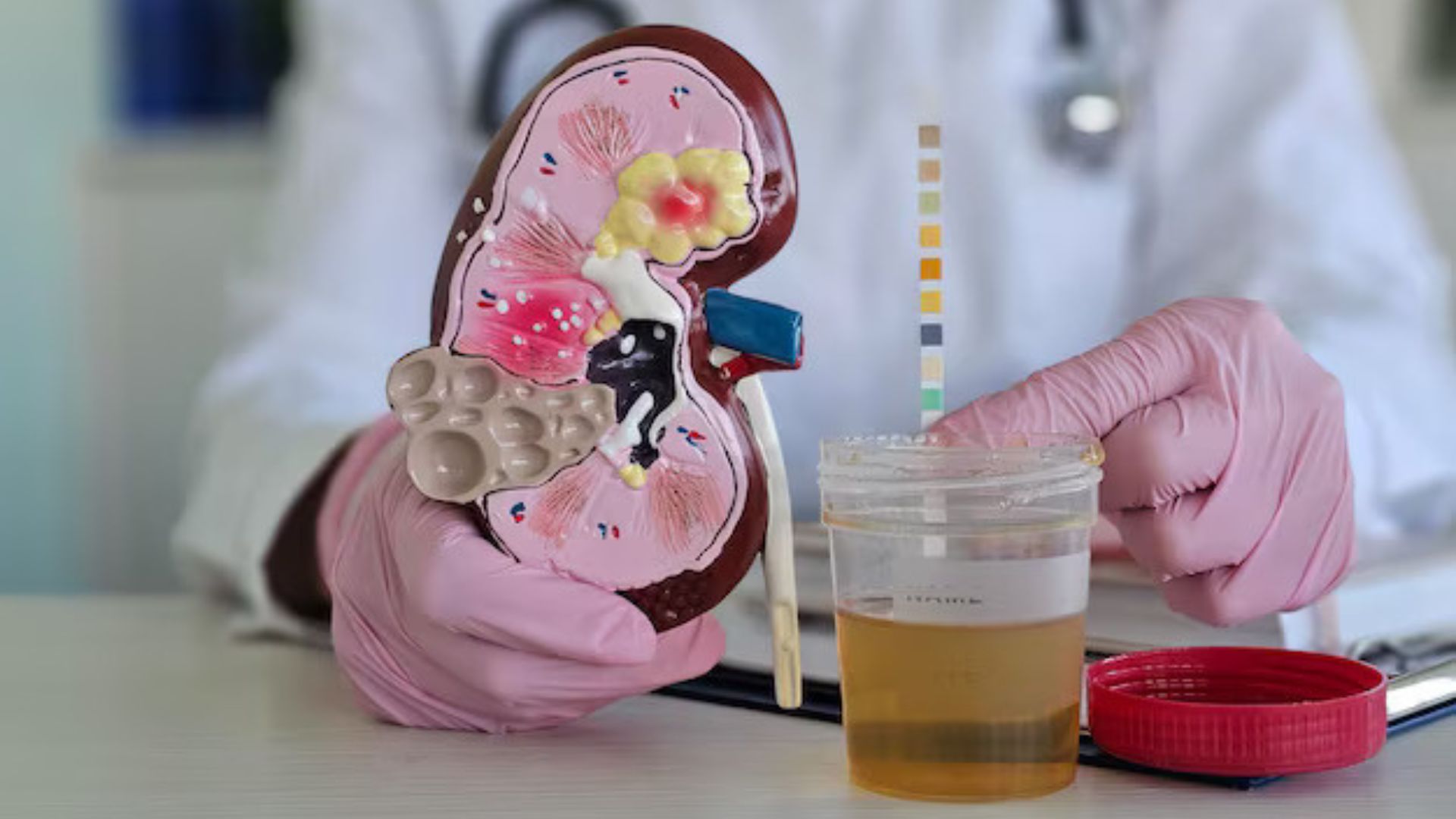

Anaemia in Chronic Disease and Kidney Failure: An Australian Perspective
Anaemia is a medical condition that happens when there are not enough red blood cells in your body. It can happen because of several reasons, like when a body is not making enough red blood cells or loses too many blood cells. It does happen when your body destroys the old red blood cells faster than new cells can be made.
Understand anaemia in chronic diseases and kidney failure in this guide. You must know why red blood cells are important for you and when this condition becomes severe.
Anaemia and Treatment: Why is it Related to Red Blood Cells?
Red blood cells are essential for the body. They transport oxygen to your body’s tissues, and without enough healthy red blood cells or their protein, haemoglobin, your body can’t function properly, leading to a condition called anaemia.
Anaemia causes symptoms like fatigue and shortness of breath due to a lack of oxygen. Treatment focuses on addressing the underlying cause, which can range from iron deficiency to chronic diseases or nutrient deficiencies, and may involve dietary changes, supplements, or, in severe cases, blood transfusions. Here is more detailed information on anaemia and red blood cells:
- Haemoglobin, an iron-rich protein responsible for binding to oxygen in the lungs and transporting it to the body’s tissues and organs, is present in red blood cells.
- When the body lacks enough healthy red blood cells or when haemoglobin levels are too low, there is a decreased capacity for oxygen transport.
- This reduced oxygen supply results in common anaemia symptoms, including fatigue, weakness, dizziness, and shortness of breath.
What Causes Anaemia?
Heavy menstrual periods, ulcers or inflammatory bowel disease can be the reasons behind anaemia. Also, chronic conditions such as cancer, kidney disease, rheumatoid arthritis, and Crohn’s disease can interfere with red blood cell production.
A specific form of B12 deficiency, where the body cannot absorb the vitamin properly called pernicious anaemia. The body is unable to properly absorb vitamin B12 in this medical condition.
What Are The Treatment Options for Anaemia?
After a complete examination and the underlying cause, Chronic Disease Management Chermside will recommend the treatment. It may include the following:
- For Iron Deficiency Anaemia
Over-the-counter or prescribed iron tablets, syrups can replenish iron stores. Some dietary changes will also be recommended, including an increased intake of iron-rich foods like red meat, spinach, lentils, and fortified cereals.
- For Vitamin Deficiency Anaemia
Dietary changes include increased intake of vitamin B12 and folic acid. If absorption is difficult in some individuals, vitamin B12 injections may be recommended.
- For Anaemia of Chronic Disease
The primary focus is on managing the chronic condition that is causing the anaemia. Erythropoietin (EPO) shots can be used to stimulate red blood cell production in this condition.
Now, moving ahead, understand anaemia in chronic diseases and kidney failure.
Anaemia in Chronic Disease and Kidney Failure
It is a common complication resulting from the kidney’s inability to produce sufficient erythropoietin (EPO). It is a hormone in your body that stimulates red blood cell production. Iron deficiency, inflammation and shortened red blood cell lifespan are thoroughly studied by the professionals to provide you with the right and best treatment.
We know the major causes of anaemia include nutrient deficiencies, such as iron, vitamin B12, and folate; blood loss from conditions like heavy menstruation, ulcers, or chronic bleeding; and chronic diseases such as cancer, kidney disease, and autoimmune disorders.
Some also include infections like malaria, tuberculosis, or HIV; inherited red blood cell disorders, such as thalassemia or sickle cell anaemia; and bone marrow problems affecting red blood cell production.
Diagnosis
A healthcare professional will diagnose anaemia in chronic kidney disease by conducting a thorough examination. They will ask about the medical history of you and your family. Also, some tests will be conducted, like a physical examination and blood tests.
Treatment
Treatment options will focus on increasing red blood cell production and addressing iron deficiency. Oral or intravenous iron is given to ensure adequate iron levels for red blood cell formation. Injections of EPO or synthetic ESAs are used to stimulate the bone marrow to produce more red blood cells.
Blood transfusions may be reserved for more severe or symptomatic cases. Also, management of chronic kidney disease will remain a main focus.
Early diagnosis and treatment are necessary for symptom management. It is also essential for individuals with chronic diseases to decrease complications. You will get complete support and management at Chronic Disease Management Chermside.



